In a commentary in Nature Climate Change, two recent APPC postdocs say the encyclical stressed moral values that appeal to liberals but not the three values -- sanctity, authority and loyalty -- that resonate with conservatives.
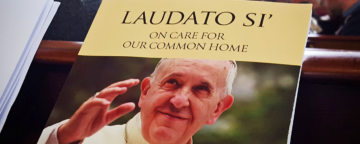
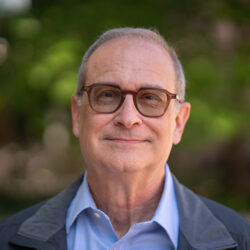
Michael Rozansky has worked as an editor, writer and reporter for 30 years. Before joining the Annenberg Public Policy Center as director of communications, he spent more than 20 years at the Philadelphia Inquirer, most recently supervising its arts and entertainment coverage. He has reported on the arts, media, business, politics, national and regulatory issues. Rozansky also developed and taught a class at Temple University on the history and practice of celebrity journalism. He received a bachelor’s degree in English and American literature from Brown University and a master’s degree in journalism from Columbia University’s Graduate School of Journalism.

In a commentary in Nature Climate Change, two recent APPC postdocs say the encyclical stressed moral values that appeal to liberals but not the three values -- sanctity, authority and loyalty -- that resonate with conservatives.

How can the public’s confidence in science be strengthened? A new study finding that public confidence in science spiked following coverage of the Zika vaccine trial in 2016 suggests a way to improve trust in science on a more sustained basis.
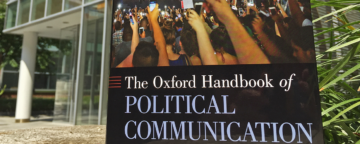
Oxford University Press has published the hardcover edition of The Oxford Handbook of Political Communication, co-edited by Kathleen Hall Jamieson. The volume is an indispensable overview and a definitive guide to research in the field.

The House of Representatives passed the first-ever reauthorization bill for the Department of Homeland Security, a key recommendation of the Sunnylands-Aspen Institute Task Force on congressional oversight of DHS.

An experimental study of the effect of humor and video in fact-checking finds that both funny and non-humorous videos were more interesting and understandable than a comparable textual fact-checking story.
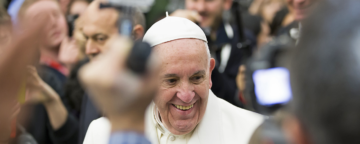
A study of the Pope's encyclical on climate change conducted by researchers at the Annenberg Public Policy Center has been featured as a "research highlight" by the journal Nature Climate Change.
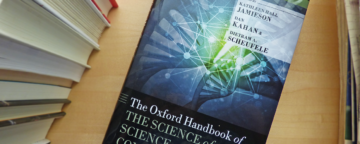
Oxford has published The Handbook of the Science of Science Communication, the first in a series overseen by the Annenberg Public Policy Center's Science of Science Communication program.

In a new report, a group of leading scientists, academics and editors of scientific journals call for greater transparency and uniformity in the way author contributions are presented in science studies.

A study found that the Pope's encyclical on climate did not directly influence people’s beliefs about climate change but did so indirectly by raising the Pope's credibility on the issue.

An international contingent of scholars gathered for a two-day conference this week at APPC on the role of attitudes, for the forthcoming second edition of The Handbook of Attitudes.